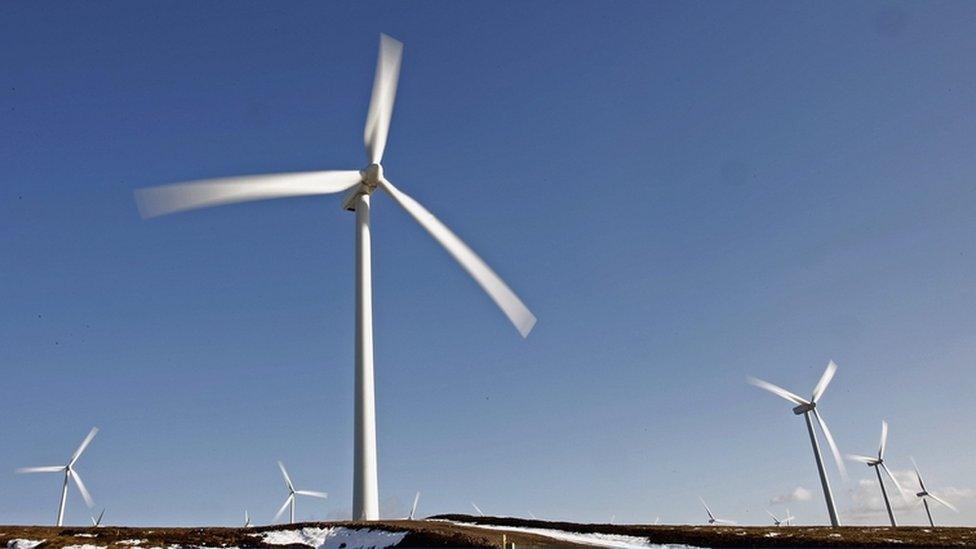Scottish government targets 66% emissions cut by 2032
- Published

The previous interim target of 42% was met six years early
The Scottish government has outlined a new target of reducing greenhouse gas emissions by 66% by 2032.
Climate Change Secretary Roseanna Cunningham set out the government's draft climate change plan, external for the next 15 years at Holyrood.
She also targeted a fully-decarbonised electricity sector and 80% of domestic heat coming from low-carbon sources.
Opposition members welcomed the plans, but raised questions about budgets and specific issues like fracking.
However, the Scottish Greens said the plan showed ministers were "not listening to expert advice".
Reduction targets are measured against a baseline set of figures from 1990.
Ministers committed last year to cut harmful CO2 emissions by 80% by 2050, with a new interim target of 50% by 2020.
The previous interim target of 42% was met in 2014 - six years early. However, the independent Committee on Climate Change said the decrease was largely down to a warmer than average winter reducing the demand for heating.
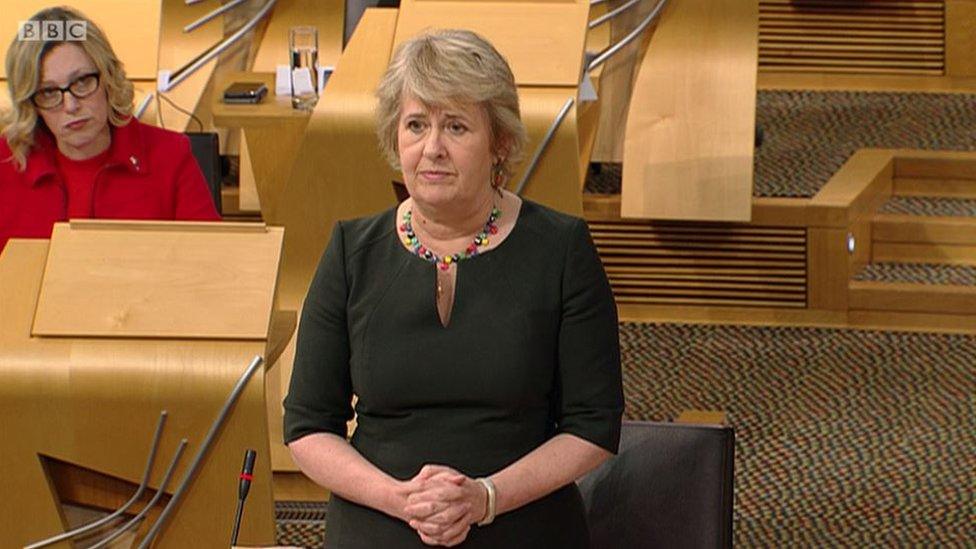
Roseanna Cunningham set out the new climate change plan to MSPs at Holyrood
Ms Cunningham said the new targets demonstrated "a new level of ambition" to build a low-carbon economy and a healthier Scotland.
Goals to be achieved by 2032 include:
Cutting greenhouse emissions by 66%
A fully-decarbonised electricity sector
80% of domestic heat to come from low-carbon heat technologies
Proportion of ultra-low emission new cars and vans registered in Scotland annually to hit 40%
250,000 hectares of degraded peatlands restored
Annual woodland creation target increased to at least 15,000 hectares per year
Ms Cunningham said: "Our proposals for further deep cuts in emissions represent a new level of ambition which will help maintain Scotland's reputation as a climate leader within the international community.
"The transition to a low-carbon economy offers important opportunities for Scotland - thanks to our highly-skilled workforce, the strength of our research institutions and, of course, our natural resources.
"The Scottish government's ambitions are clear, but we have now reached a point in our journey where future progress will require the support of individuals, organisations and businesses across the country.
"The publication of our draft Climate Change Plan provides an important opportunity for debate at Holyrood about the policies which should be implemented and the proposals which should be considered.
"That debate will help ensure the final version of the Climate Change Plan provides us with a blueprint for a fairer, greener, more prosperous nation."

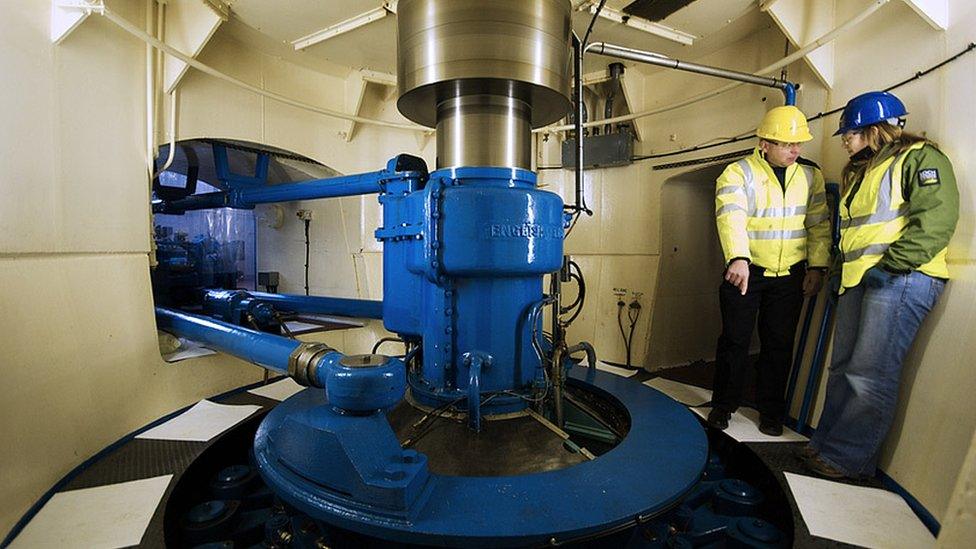
The plan aims to generate more of Scotland's electricity from renewables
Analysis by BBC Scotland environment correspondent Kevin Keane
Environmental groups say Scotland's draft climate change plan is too much of a "technofix", with not enough focus on changing behaviour.
The 172-page document sets a road map for decarbonising Scotland.
The aim - although not new - is to reduce greenhouse gas emissions by two thirds by 2032.
Among the policies are making half of Scotland's buses low-carbon, fully-decarbonising the electricity sector and making 80% of homes heated by low-carbon technologies.
Friends of the Earth Scotland says there's not enough to encourage behavioural change.
The Scottish government says it demonstrates a "new level of ambition" for Scotland.

There was a mixed response to the plan from environmental groups.
Tom Ballantine, chairman of Stop Climate Chaos Scotland, said the plan "paints an attractive vision" of a low-carbon society, but said he had "serious concerns" about the lack of actions to deliver it.
He said: "Clearly lots of work has gone into developing this picture of a low-carbon Scotland, and that is to be welcomed.
"Much of what was set out in today's plan is still at the pilot or consultation stage, and effort will now need to go into rapidly developing these into concrete policies.
"The urgency could not be clearer with this draft plan published straight after news that 2016 was the hottest year on record. With the threat from climate change increasing and affecting the lives of people here in Scotland and around the world, it's time to shift up a gear."
The National Farmer's Union in Scotland "broadly" welcomed the plans, with deputy director of policy Andrew Bauer saying: "Scottish agriculture remains willing to do its bit to address climate change, recognising that reduced emissions often go hand-in-hand with improved efficiency."
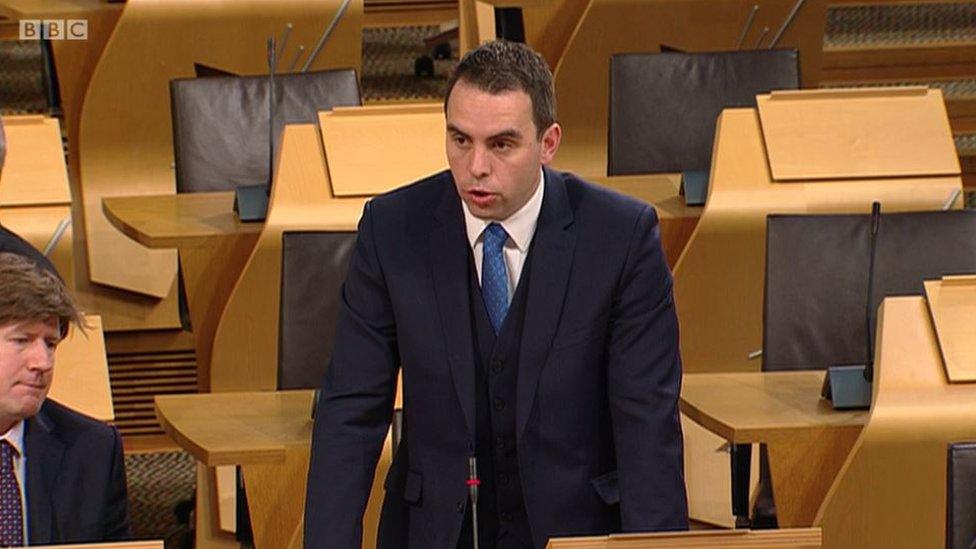
Maurice Golden said the emissions reduction target could be "truly transformational"
Scottish Conservatives MSP Maurice Golden said the 66% target was "truly transformational".
He described climate change as one of the greatest challenges of our age, and said his party was committed to sustainable transport, but said the government needed to get better at hitting targets.
He said it was clear there were "no firm plans" to deal with reducing transport emissions, adding: "While it's welcome that we've made progress in reducing emissions in other sectors, the damage being caused by transport is still similar to the levels that we saw decades ago."
Mr Golden also asked what the expected overall cost of the plan was. Ms Cunningham said the cost comes in at about 2% of GDP, noting that this does not take into account the huge benefits that will pay back from the scheme.
Fracking ban
Labour's Claudia Beamish, who has put forward a members' bill calling for a fracking ban, said it was a "major let-down" that it was not mentioned in the statement.
While she broadly welcomed the draft plan, she said: "If the government was serious about tackling climate change it would back my Bill to ban fracking in Scotland."
However, Ms Cunningham replied that "fracking isn't mentioned because we're not doing it", referring to the ongoing moratorium.
She added that the government was taking a "cautious and evidence-led approach", with public consultations due to begin soon, but said fracking was not factored into plans for the "immediate future".
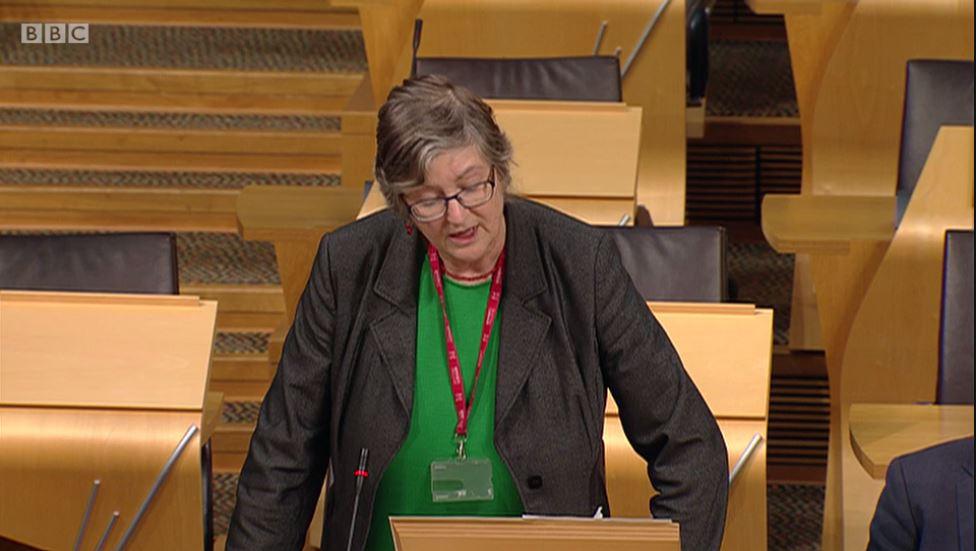
Claudia Beamish said it was a "major let-down" that there was no mention of banning fracking in the plan
Scottish Green MSP Mark Ruskell said ministers were not listening to expert advice from the Committee on Climate Change, external, noting that action on only half of a set of recommendations from the group appeared in the plan.
He said: "Scotland's economy and public health are at risk from inaction on climate change. While the environment secretary talks of ambition, we simply don't see the follow-through from her cabinet colleagues.
"On energy, it's a worry that in the plan published today, ministers are still pinning hopes on unproven carbon capture technology. This isn't a responsible approach. On housing, there is very limited investment in ensuring warm homes. Under this plan, fuel poverty will remain a huge problem for decades to come.
"On transport, the draft budget shows a massive rise in spending in motorways to almost £1bn, while funding for walking and cycling remains static at £39m. And if ministers are serious about cutting transport emissions, they cannot justify cutting Air Passenger Duty."
'Real financial muscle'
The Scottish Lib Dems also criticised the proposed cut to air passenger duty while calling for a "step change" in heating and energy efficiency.
MSP Liam McArthur said: "Having only met our climate change targets once in five years we need a plan and a vision, backed by real financial muscle, that ensures we walk the talk on emissions reduction.
"In particular, we need top up our game in the areas of heat and transport, where progress to date has been slow or non-existent."
BBC Scotland has highlighted some policies which ministers have been urged to consider, including heat-pump district heating, external and a workplace parking levy, external.
Four Holyrood committees have launched a joint call for views, external on the draft plan ahead of planned evidence sessions.
- Published18 January 2017
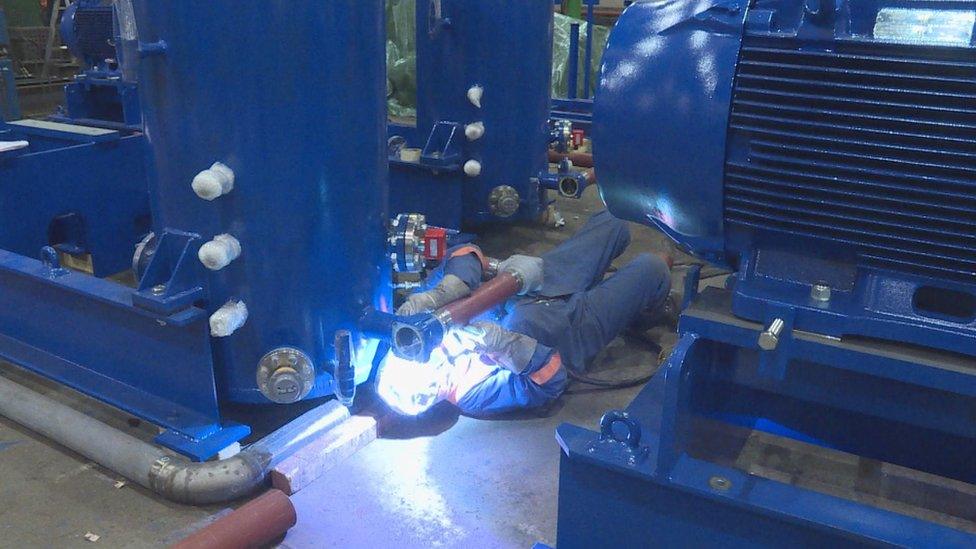
- Published17 January 2017
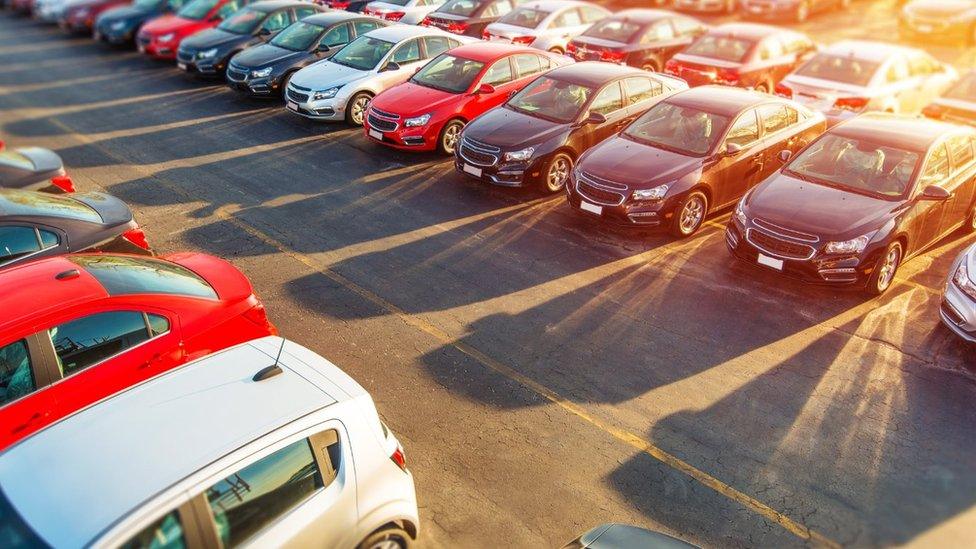
- Published13 September 2016
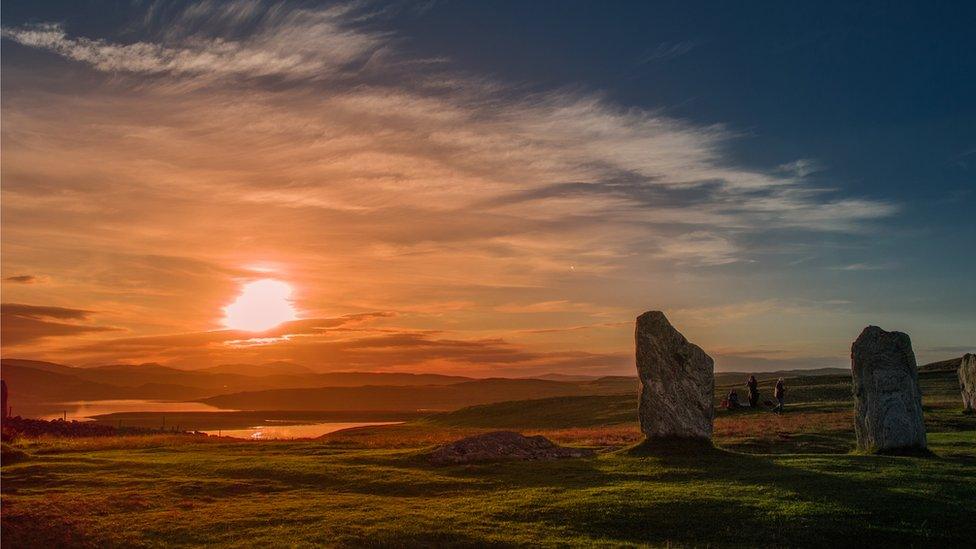
- Published14 June 2016
